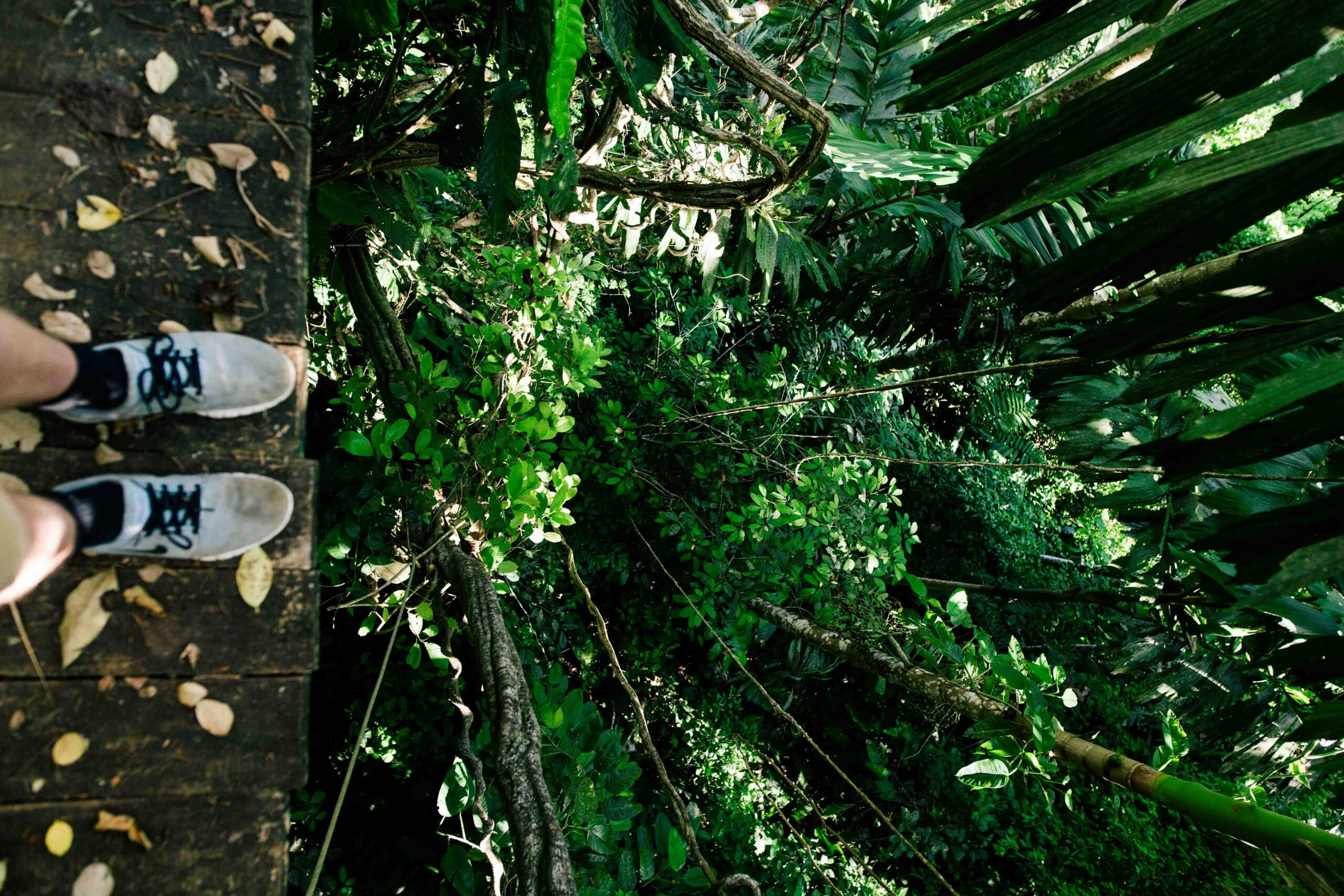Ziptrek adheres to the Tikanga Māori Values of Manaakitanga, emphasizing extending aroha (love and compassion) to others; Kaitiakitanga, which involves guardianship of the sky, land, and sea; and Whanaungatanga, fostering connections with others through shared experiences.
Ziptrek aims for its business operations to leave a lasting positive impact. If Ziptrek were to remove its ziplines, dismantle its treehouses, and depart the area, the Queenstown community and environment should be in an improved state compared to the arrival in 2009.
This commitment is realized by placing sustainability at the very heart of Ziptrek’s business, making it the driving force behind all decisions. Ziptrek aspires not only to be an agent of change but also to inspire action.
Ziptrek Ecotours is part of the Future-Fit System Changer program, declaring their intention to become Future-Fit—a global movement of businesses working towards an environmentally restorative, socially just, and economically inclusive future.
I was excited when I found out about Future-Fit Business. We’d heard about many different systems for assessing sustainability, but none of them was completely the right fit. We were keen on how it’s not only for big businesses, but smaller businesses can use it too. It was important to us that it’s open source, and it was a robust structure that businesses can work through – there’s no holes in it. A key aspect for us is that it references the United Nation’s Sustainable Development Goals in a way that smaller businesses can apply them. The global aspect is also important – if countries, industries, and businesses all create our own systems, we can’t compare.
Trent Yeo, Ziptrek Ecotours (source)
